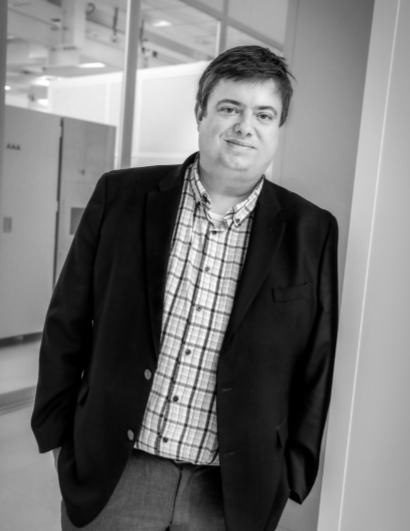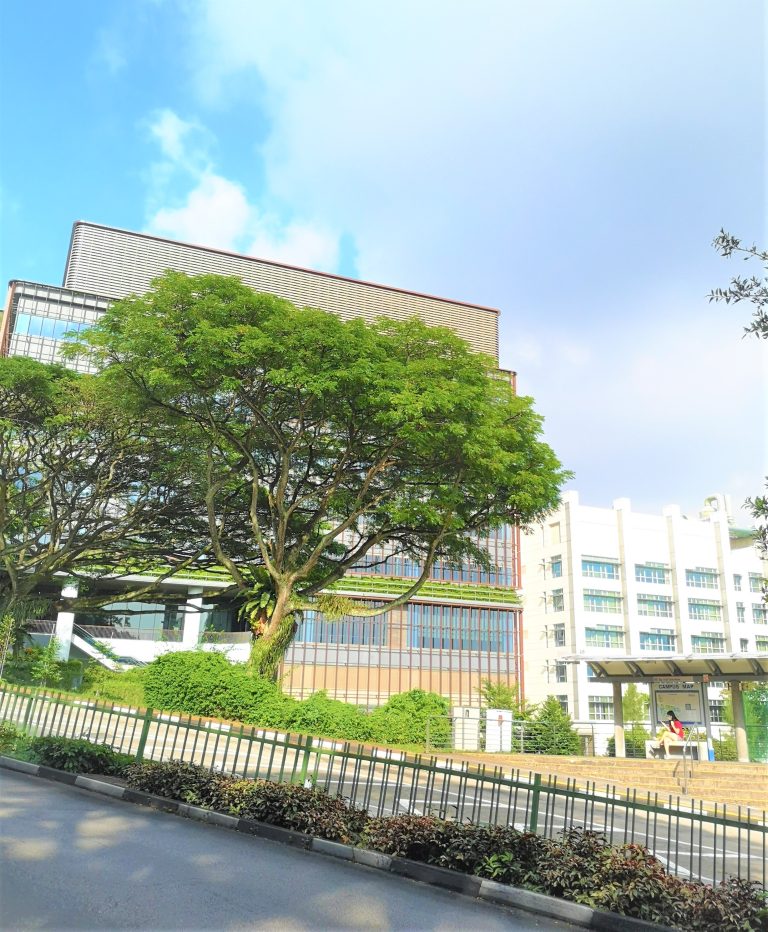Qubit Fabrication in Advanced Semiconductor Manufacturing Facilities: the Good, the Bad, and the Ugly*
Date: 18 November 2022
Time: 10:30 am to 11:30 am
Venue: Block E7, #03-09, Seminar Room 4, 15 Kent Ridge Crescent S119279
For matter qubits, the performance of modern superconducting and spin qubits, including their fidelity and homogeneity, is currently very much limited by such material quality issues – especially, interfacial purity and cleanliness. The advanced process control in modern, industry- and foundry-grade manufacturing facilities can result in ultraclean and well-controlled interfaces while providing stringent limitations in the allowed processing methods.
Join us on 18 Nov 2022 for an one-hour sharing session with Dr. Kristiaan De Greve, Scientific Director and Program Director of Quantum Computing of imec Belgium, who will provide a glimpse into some of the recent and ongoing activities at imec in the broader field of quantum technologies including both (matter) qubit development for quantum computing, quantum optics, and quantum communication research.
During the session, Dr. Kristiaan will present recent results on improvements over the state-of-the-art in interface and materials control in both superconducting and silicon spin qubit platforms: best-in-class quality factors of superconducting resonators, ultra-low charge noise in MOS spin qubits, and initial results in reduced variability for superconducting qubits. At the same time, the incompatibility of relatively simple techniques such as lift-off with those advanced processing methods results in major constraints for qubit manufacturing. Overcoming those constraints while still leveraging the advantages of process control is the ugly side, the progress of which will be described in detail.
In the quantum photonics space, imec has been leveraging the (monolithic) growth of high-nonlinearity electro-optic materials and our versatile, modular photonics platforms to create low-loss switches, hybrid quantum conversion devices, advanced QKD modules and etc. Techniques such as micro-transfer printing allow for increased functionality to be embedded into otherwise optimized photonics modules. Dr. Kristiaan will discuss a few near-and-medium term applications enabled by these technology developments.
About the Speaker

Dr. Kristiaan De Greve is Scientific Director and Program Director of Quantum Computing at imec. He is also a part-time professor at KU Leuven (ESAT-MNS) and visiting researcher at Harvard University. He obtained his engineering degree (Burg. Ir. Elektrotechniek, summa cum laude with congratulations of the board of examiners, valedictorian) at KULeuven – ESAT, with research on spintronics and nanomechanical systems performed at imec and Caltech. He graduated from Stanford University with a Ph.D. in Electrical Engineering in 2012 where he was a Stanford Graduate Fellow working with Yoshi Yamamoto. He was awarded the Springer thesis prize for his Ph.D. research.
He joined Harvard University’s physics department as a fellow from 2012 until 2019, working with Misha Lukin, Amir Yacoby, Philip Kim, and Hongkun Park, after which he moved to imec. He holds additional degrees in economics and physics from Stanford and a mini-MBA from Harvard Business School. He’s the recipient of several awards and prizes and has authored multiple patents and over 30 papers in journals like Nature, Science, Nature Physics, Nature Photonics, Nature Nanotechnology and etc., which have been highly cited. His scientific interests span a wide range from advanced materials research, quantum mechanics, photonics, cryptography, and information science to novel, disruptive computing paradigms and artificial intelligence.
About imec
As one of the largest semiconductor R&D centers in the world, imec has extensive experience in advanced materials science, photonics, interface and surface science, and processing and manipulation of nanomaterials. Over the past few years, imec has strived to build on that knowledge to tackle selective quantum problems that are materials, surface or interface limited.
Location Map
Driver is advised to enter via Engineering Drive 1 and park at cark park C at Block E6.

- Home
- Qubit Fabrication in Advanced Semiconductor Manufacturing Facilities: the Good, the Bad, and the Ugly
Singapore Hybrid-Integrated Next-Generation μ-Electronics (SHINE) Centre
- Block E6, #E6-5-3, 5 Engineering Drive 1, Singapore 117608
- +65 6601 8522
- shine@nus.edu.sg


